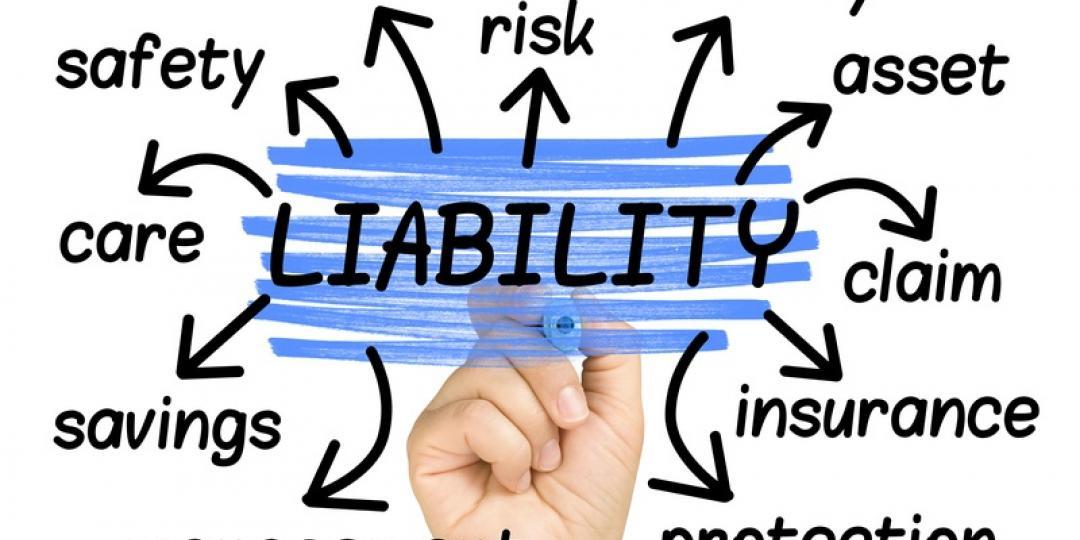While the Tourism Business Council of South Africa (TBCSA) Tourism and Hospitality Industry Standard Protocols for COVID-19 Operations are guidelines and not legal regulations, tourism companies are still bound by these and can be held liable for non-compliance.
This was revealed during a recent webinar hosted by international insurance brokerage, SATIB, where panellists highlighted that with COVID-19 now excluded from general public liability by insurance companies, travel and tourism companies had lost their second line of defence. They therefore need to ensure that they are fully protected.
This includes meeting the health and safety protocols, according to Director of legal firm Martin and de Beer Inc, Stefan de Beer, who served on the panel as a legal adviser.
“If you have made the pledge that you will follow the protocols and you have received your stamp of certification that confirms you are compliant with the protocols, you are bound to the protocols. If you hold yourself out to be fully compliant, then you can be held liable.”
Another panellist, Onne Vegter, MD of Wild Wings Safaris, said while his company strived to meet the majority of the comprehensive guidelines, it wasn’t always practical to do so, due to lack of facilities and or equipment.
“The question then arises, because companies are in breach of one of the guidelines, are they then open to litigation? And how can companies mitigate this?”
De Beer suggested that those who weren't able to be fully compliant with each and every protocol, needed to simply make the exclusions and reasons available to their clients. “Advise your clients that you will try as best you can to follow the protocols, but due to the nature of your operation – or the basis on which you normally operate – there are certain reasons why you won't be able to follow the protocols to the letter.”
He added that, if the client had been advised it became part of an agreement, and if the client accepted the risks as explained to them, it meant both parties accepted the risk. This does not completely absolve the company of liability but it is a measure of protection.
“Again, it comes down to proper paperwork and record-keeping,” said De Beer, noting that it was important to document all health and safety procedures conducted by the company on a daily basis.























